What Is Psoriasis?
Psoriasis is one of the most baffling and persistent skin disorders because it is very unpredictable and irritating. It is known as 牛皮癬 in Chinese. It’s characterized by skin cells that multiply up to 10 times faster than normal. As underlying cells reach the skin’s surface and die, their sheer volume causes raised, red plaques covered with white scales. Psoriasis typically occurs on the knees, elbows, and scalp, and it can also affect the torso, palms, and soles of the feet.
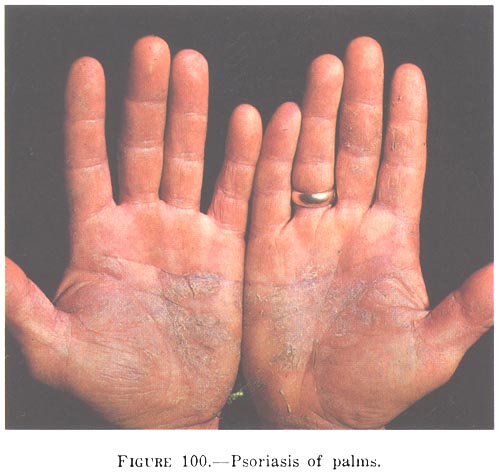
What Are The Symptoms of Psoriasis?
The symptoms of psoriasis vary depending on the type you have. Some common symptoms for plaque psoriasis include:
- Plaques of red skin, often covered with loose, silver-coloured scales; these lesions may be itchy and painful, and they sometimes crack and bleed. In severe cases, the plaques of irritated skin will grow and merge into one another, covering large areas.
- Disorders of the fingernails and toenails, including discolouration and pitting of the nails; the nails may also begin to crumble or detach from the nail bed.
- Plaques of scales or crust on the scalp
Psoriasis can also be associated with psoriatic arthritis, which leads to pain and swelling in the joints. The National Psoriasis Foundation estimates that between 10% to 30% of people with psoriasis also have psoriatic arthritis.
Is Psoriasis A Type Of Autoimmune Disease?
Researchers agree that psoriatic disease is an autoimmune disease. That means that psoriasis and psoriatic arthritis are actually caused by an overactive immune system. But how can your immune system—which is built to keep you healthy—actually cause an illness? The explanation can be found in the word itself. Autoimmunity occurs when the immune system automatically launches an inflammatory response against your own body.
When the immune system functions properly, it protects the body against any “invaders” that might make you sick, such as bacteria, viruses or other pathogens. But in people with psoriasis and psoriatic arthritis, the immune system goes into action even without these invaders. Instead, the immune system fights the body’s own tissues. In psoriatic disease, this battle is waged in the skin and joints.
5 Natural Treatment For Psoriasis
1. Take a raw food diet
To help counteract the effects of psoriasis, you will need to eat significant portions of anti-inflammatory food. Raw food consists of young broccoli sprouts, young asparagus sprouts, cloves, grapes, blackberries, pears, plums and prunes is especially beneficial for people with psoriasis.
There are also foods which you should avoid especially processed food. Whether you have psoriasis or not, it’s wise to avoid processed foods altogether. These foods are low in nutrients, and high in harmful trans fats, high-fructose corn syrup and other types of refined sugars. Artificial ingredients such as preservatives, artificial colours, flavours and textures are also present in these types of foods.

2. Prevent dry skin
Use a humidifier to keep the air in your home or office moist. This can help prevent dry skin before it starts.
Sensitive skin moisturizers are also great at keeping your skin supple and preventing plaques from forming.
3. Avoid fragrances
Most soaps and perfumes have dyes and other chemicals in them that may irritate your skin. They can make you smell great, but they also can inflame psoriasis.
Avoid such products when you can, or choose those with “sensitive skin” labels.
4. Reduce stress
Any chronic condition like psoriasis can be a source of stress. This can often turn into a vicious cycle because stress itself can worsen psoriasis symptoms.
In addition to reducing stress whenever possible, consider incorporating stress-reducing practices such as yoga and meditation.

5. Avoid alcohol and quit smoking
Alcohol is a trigger for many people who have psoriasis. A study in 2015 found an increased risk of psoriasis among women who drank nonlight beer. Those who drank at least 5 nonlight beers per week were nearly twice as likely to develop psoriasis when compared to women who didn’t drink.
Avoid tobacco. Smoking may increase your risk of psoriasis.
If you already have psoriasis, it can also make your symptoms more severe.
The Bottom Line
There isn’t a single answer for keeping the symptoms of psoriasis at bay. What works for one person may not work for another. Some treatment options may have negative side effects for preexisting conditions other than psoriasis.
Remember that while these home remedies for psoriasis may help with mild cases, prescription therapy is required for more severe cases. Talk to your doctor before seeking treatment on your own.

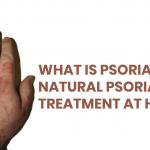
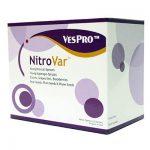

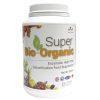
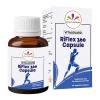

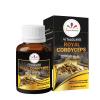
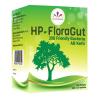


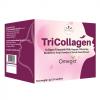
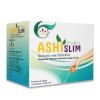
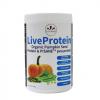
Facebook Comments